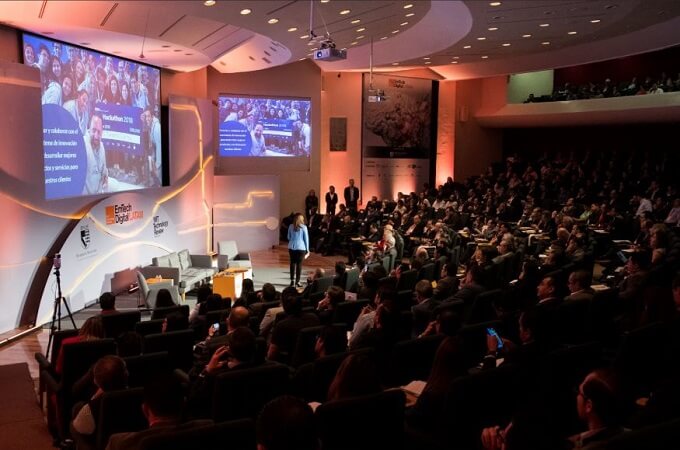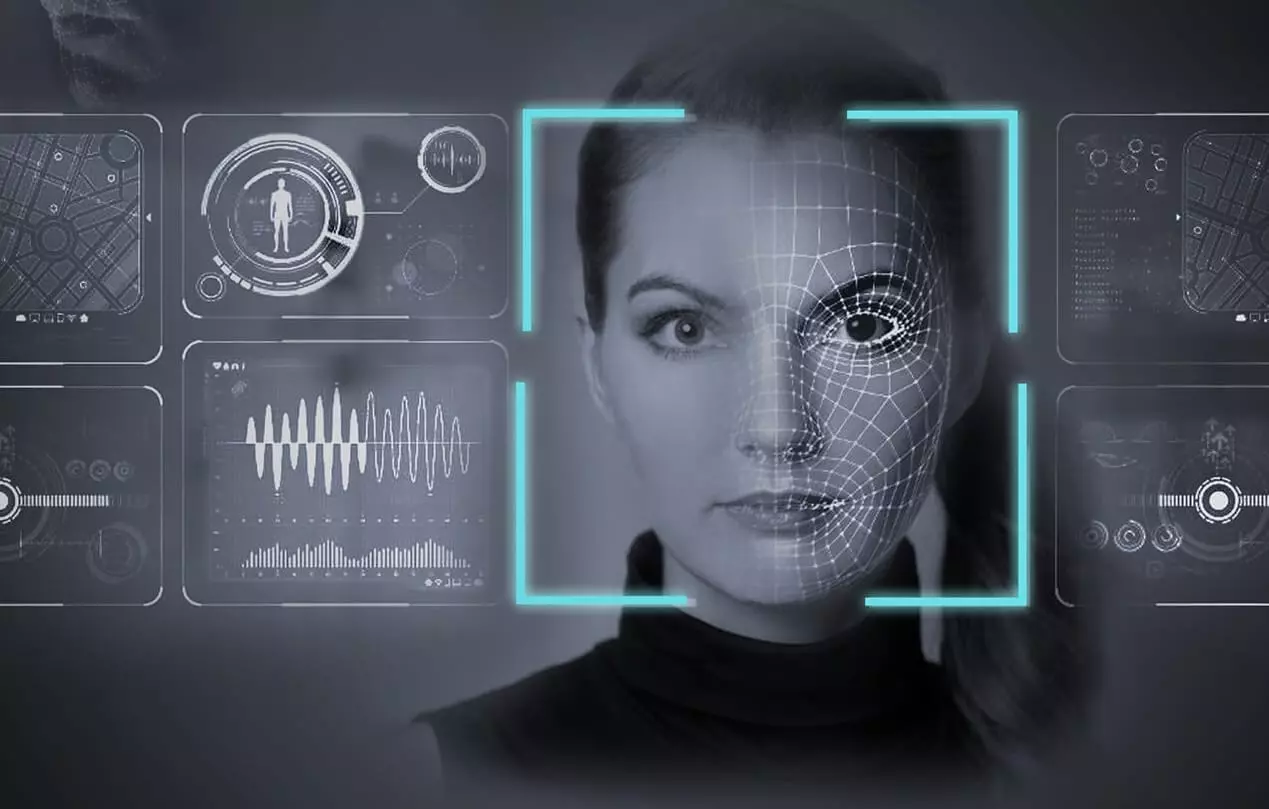• Contrary to what people fear, Artificial Intelligence has been shown to increase human productivity and employment options.
• AI is a predictive tool whose cost decreases every year and whose economic benefits increase over time.
• The challenge for people is to live with AI, use these tools optimally, and identify tasks that can only be performed by man, such as: making a judgment.
Artificial Intelligence (AI) is a topic that generates uncertainty and confusion among professionals, who without full knowledge see it as a limitation to keep their jobs or guarantee their professional growth. However, analysts of the global economic environment indicate that this fear must be eradicated and focus efforts on how to capitalize on the opportunities that AI gives to obtain new responsibilities in a rapidly changing world.
“Viewed from an economic term, Artificial Intelligence is a technology for predicting things and attitudes, which increases the probability level of action of a company or the consumer. However, prediction is only one component in decision-making, the other is the issuance of a judgment or discernment of the human being, that is, they are complementary goods ”, says Rafael Ramírez de Alba, Professor of Economic Environment, IPADE Business School .
Faced with a reality that evolves by leaps and bounds: How do we lose the fear of Artificial Intelligence? How do we incorporate it into our work teams? What is the way for AI to allow us to double productivity and hence wages?
“It is the responsibility of business leaders to address the concerns of their work teams and be sensitive to the multiple possibilities that Artificial Intelligence offers, for example: various processes will be automated and people will be able to focus on more important issues; the operation will be more efficient; and there will be options to carry out new tasks ”, says Ramírez de Alba.
On this last point, we must emphasize that it is premature to talk about man's end of work and it is better to talk about the new tasks that a team must carry out, for example: in the banking sector, the automation of services increases productivity, products are made more accessible and therefore there is more demand, which generates a greater need for talent, creating a virtuous circle where Artificial Intelligence played a vital role and professionals had to develop other talents.
“We know that there are many more questions around AI: the lack of inclusion, cyber fake news, algorithm biases, protection of personal data, infrastructure, among others. For this reason, it is essential to debate on the direction that Artificial Intelligence is taking and how we should coexist and take advantage of it in the face of its inevitable advance, ”says Beatriz Ferreira, director of Opinno Latam.
That is why the MIT Technology Review, IPADE Business School and Opinno carried out the Second Edition of EmTech Digital LATAM 2019, the international conference that transforms companies in the digital age. This was took place on July 2 and 3 in Mexico City and analyzed how AI is revolutionizing countless sectors.
Characters of the stature of Beena Ammanath, founder and CEO of Humans for AI; Arohi Jain, head of research at The Future Society; Agustín Rossi, director of Global Policy at Public Knowledge; Dan Roth, professor emeritus of computing and information at The University of Pennsylvania; and Carissa Schoenick, director of the Allen Institute for AI, will share their vision on Artificial Intelligence, their perspectives and, through a practical foray, how these technologies drive innovation.
Also featured on the list of speakers are Gideon Lichfield, editor in chief of MIT Technology Review, Constanza Gomez-Mont, co-founder and CEO of C-Minds, Manuel Aragonés, founder and CEO of deep_dive, Hugo Nájera, CEO of Development of BBVA Bancomer Business, among others.


